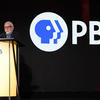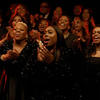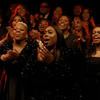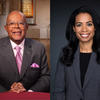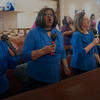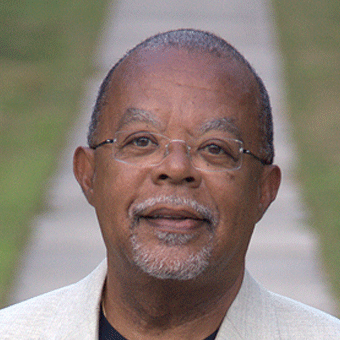
Henry Louis Gates, Jr. is the Alphonse Fletcher University Professor and Director of the Hutchins Center for African & African American Research at Harvard University.
Emmy and Peabody Award-winning filmmaker, literary scholar, journalist, cultural critic, and institution builder, Professor Gates has published numerous books and produced and hosted an array of documentary films. The Black Church (PBS) and Frederick Douglass: In Five Speeches (HBO), which he executive produced, each received Emmy nominations. In January 2024, Finding Your Roots, Gates’s groundbreaking genealogy and genetics series, returned for its tenth season on PBS. His most recent history series for PBS, Gospel, premiered in February 2024.
| hlg_bio_winter_2024.pdf | 132 KB |


















